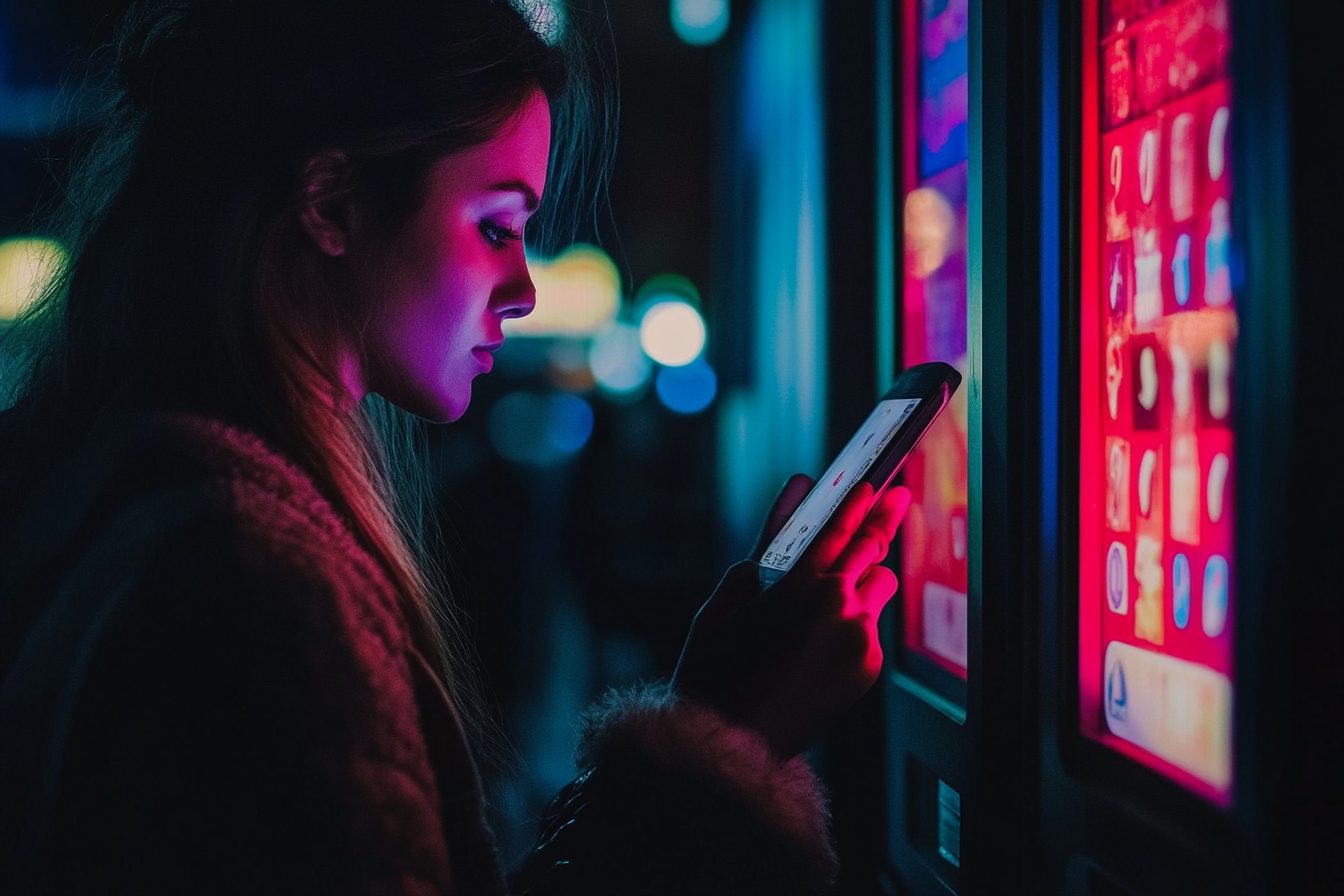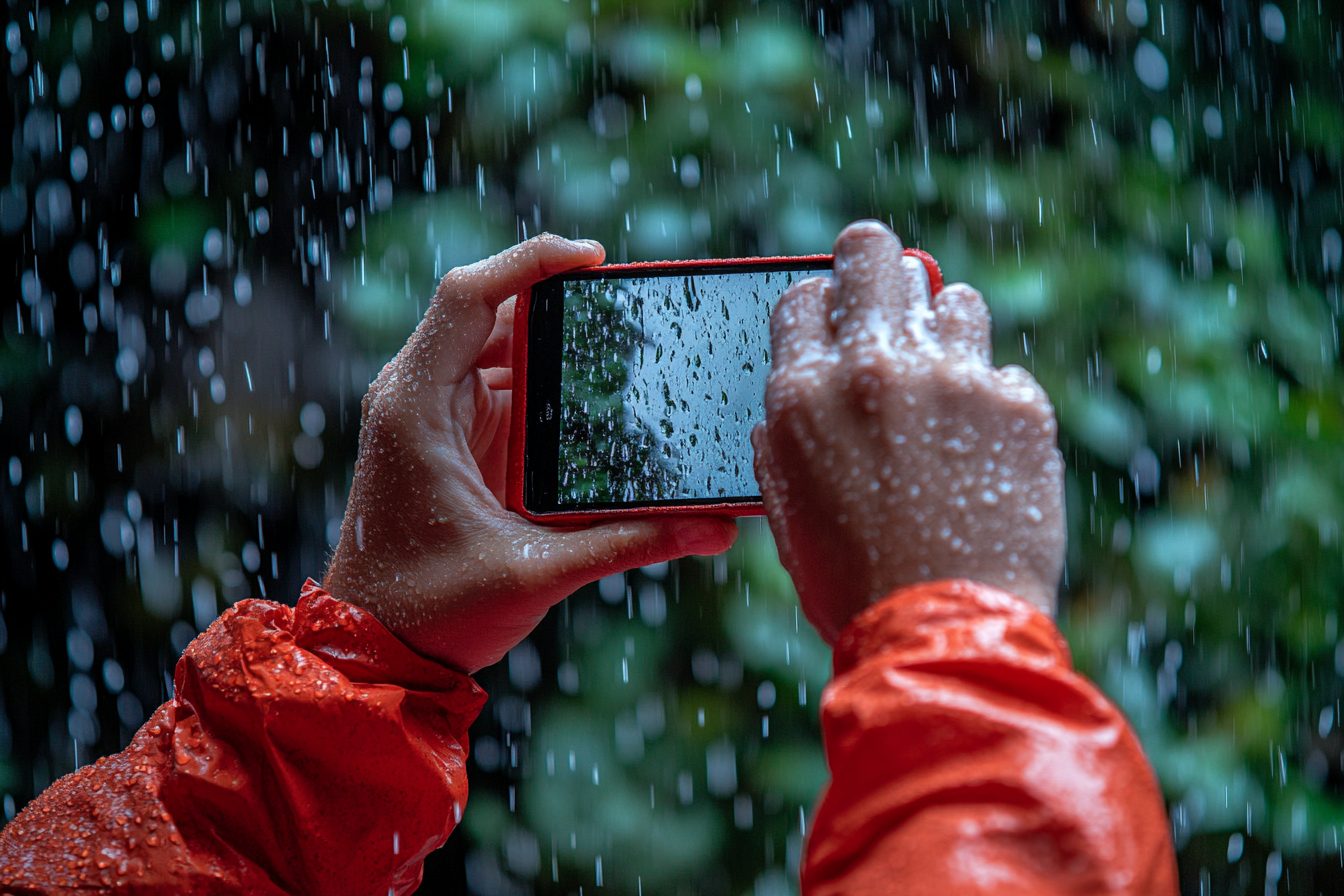As I was drafting this sentence, my phone buzzed. With no thought processes kicking in, my hand reached out to grab it. My mind had already started racing with questions: is it critical?, who is it from?, will it be rewarding? Even before looking at the screen, I could start to sense that small surge of excitement.
It was a notification about my food delivery driver approaching the location. Not exactly earth-shattering notifications. Yet, I felt the unmistakable tinge of wonder as I completed the task.
My phone buzzed for the second time two minutes later. This time, it was my meditation app ironically reminding me to stay mindful. The irony wasn’t lost on me, but the incredibly tiny doses of achievement I receive every time I clear my notification screen make it all worth it.
While studying the psychological factors that contribute towards our digital addictions, monitoring my terribly unhealthy relationship with notes and bets has been the most eye-opening. By literally all reasonable definitions, I’m a notification addict. My name is Marcus Thornfield, and I can’t seem to stop pulling the digital lever.
This is precisely why I argue that notifications can be described as ‘slot machines in our pockets’. I know this because I helped design them that way.
While at [REDACTED TECH COMPANY], I remember being part of a group that, in Orwellian fashion, was called “user engagement optimization.” Of all the deception that I encountered during my career, this one baffles me the most. What my colleagues at stat-up were designing was the use of behavioral economics and psychology aimed at being as addictive as possible. We looked into Las Vegas casinos, interviewed gambling addiction specialists, and specifically designed notification systems to incorporate reward patterns for variable reinforcement used in slot machines.
The parallels are disturbingly precise. Consider pulling a slot machine lever. You might hit the jackpot, get a win, or nothing at all. This uncertainty draws people in – surrounding slot machines. The uncertainty surrounding phone buzzes evokes the same feeling. Is it from a crush texting you? Emergency work message? Urgent news? Or yet another pointless update from an app that is of no interest to you?
As noted before, there is no definitive reward. The possibility of receiving exciting information is what’s most attractive. With gambling, it’s far easier for slot machines to offer stimulating expectations. With that in mind, it’s far easier for phones to deliver stimulating sensors. If notifications delivered the same level of satisfaction, without needing to gamble and endlessly take out the stimulus, we’d quickly stop responding enthusiastically.
In meetings, we would actually talk about how often should notifications deliver something genuinely rewarding versus something neutral. The aim was to provide enough genuine rewards to maintain user engagement without rendering rewards too commonplace, as that would strip the dopamine-triggering excitement.
I vividly recall one agonizing meeting where we argued about the best time to send re-engagement notifications, such as ‘We Miss You’ messages—those pesky notifications apps send out when users haven’t opened them in a while. One of the product managers had a suggestion, “Let’s schedule them for times when people are usually bored or feeling down: early morning, late-night, and Sunday evenings.” “Those times are when they are most vulnerable to seeking a pick-me-up,” he justified. As if we were not contemplating the digital version of ‘offering an alcoholic a drink when they are most tempted,’ everyone nodded thoughtfully.
During that period, I rationalized these strategies as simply ‘good design.’ We really provided users what they wanted, didn’t we? It’s only now that I realize how strategically manipulative this approach was. We weren’t designing user-centric products; we were designing to create dependency.
There was a moment in time I found myself on the receiving end of the system I helped perfect, and it’s not pretty.
Here’s how my notification addiction looks like in practice: Even when I’m still bundled up in my blankets, the phone’s screen lighting up with a new notification buzzes me awake. And like clockwork, I find myself checking my phone even before getting out of bed. Throughout the day, my hand reaches toward the phone without my brain’s consent. Dinner with family? Check. Engaging in a heated convo? Check. Ever so classy bathroom break? You bet.
Traffic light breaks? More like notification clearance centers, and I won’t discount dance recitals either. Family dinners during their wife’s birthday? Personal matter. Stepping away from the wife’s birthday dinner just to check on the incessant work notifications, which quite frankly could be put on snooze until sunrise.
Let’s dive into the darker side. Psychological toll is something we all share in one form or the other, and scrolling into studies only deepens the anxiety pool. For some mustard on top, anxiety jumps a few notches, trouble focusing does a high peel minute, and stress wanna level unrivaled. Now, I don’t need to read research to tell me the sticky sensation reminding me of yet impossible task—the ping a phone brings—grabbing checking freedom bliss just to catch the pop-attack tension waiting to strike.What’s uniquely creepy is the change to our perception of time and urgency notifications have induced. A friend not replying to a text message within three hours must mean they’re upset. An unanswered work email overnight is considered a lapse in responsibility. These standards would have seemed ridiculous two decades ago. Now, this is the surrounding reality.
My most humbling with notifications was last summer. I was having a catch with my son in the garden; those rare exceptional parenting moments where both of us were genuinely enjoying and involved. But then my phone vibrated. Mindlessly, I took it out to check. It was a promotional email from an airline I flew with once three years ago.
My son observed this change instantly. “Is that more important than us, Dad?” he said, asking a question that only kids can ask so mercilessly blunt. The embarrassment I experienced in that second was outrageous. I checked a notification crafted to coerce me into spending money right in the middle of a heartfelt interaction with my child.
That incident triggered my other attempts at detoxing from notifications so far. All non-essential notifications were turned off. To make it less visually pleasing, I placed my phone in grayscale mode. To further amuse myself in a sick way, I installed an app which tracked and limited my phone usage.
This little experiment lasted around four days.
The abnormal withdrawal symptoms were shocking. For one, I started feeling vibrations in my pocket which were in fact, non-existent. New levels of genuine anxiety were experienced as well revolving around the idea of ‘what now?’. Not receiving alerts meant I had to manually check apps, which was ironically, far too frequent. My brain has been conditioned for decades to expect little dopamine hits, fought tooth and nail when removing them.
A more balanced approach had to be taken. Now, notifying only essentials are allowed. Phone screen down during family time. No devices at all in the bedroom. These small adjustments regardless of their size, prove to be significant. While still providing me with room for improvement. Robots in disguise of humans had implemented a “no phones at dinner” rule that ceased to exist during awfully captivating news cycles coupled with fantasy football playoffs.
The tech industry is beginning to realize it is part of the problem. Digital wellbeing features are being introduced, where users can adjust focus modes and set screen time limits. It is progress, but there remains an irony that attempts to resolve these problems are technologies in themselves.
It is clear that both individual approaches and systemic interventions are necessary. At the personal level, understanding the forces operating is crucial. The moment one understands that modern-day notifications are a form of attention capture based on the same principle as a slot machine, they cease being as captivating. One can sense the manipulation.
One can also be candid regarding which notifications are helpful and which do not serve any real purpose. The news alert? That one has potential. The notification suggesting that one hasn’t opened a shopping app in three days? Not so much.
On a broader scale, there is a need to demand from tech companies more ethical design to exploit well-being instead of exposing vulnerabilities. There needs to be enhancement features that foster well-being instead of preying on weaknesses, proper disclosure on how engagement techniques are used, and perhaps the most crucial, reasonable models that do not aim to maximize screen time.
As one of the many people in the entire world trying to tailor their lives around attention-based business models, social media and applications often set the economy to work on notifications, my accounts were monetized. As counter productive as it all may seem, it is incredibly paradoxical for me to delve into the other side. It is at this very moment when I feel as though I have a personal grief to subsidize after reflecting on my all-too-human mistakes in building these addictive systems.
This is where I challenge myself and you. With this in mind, I ask you to do the same. Try to resist yourself from diving up on possibilities to earn rewards the next time your phone pings. Are you reaching to check a notification or are you trying to merge the activity that you “dooo” as a service simply because it’s expected of you? This kind of narrative may or may not change things in and of itself but is much better than the alternatives, where things begin at least.
As a matter of fact, I have not blown my lines or intervals trying simultaneously to avoid everything when the reality distant echoes frantically throttling towards glass-in-glass convergence reveals itself. That shaking annoys me but no more than the feeling I had every time out of endless facebook login tries until after several attempts accounts need-testing cased online Timers Show.
I need to check who has been trying to contact me, so if you’ll excuse me. It could be important or perhaps just another adroitly designed lever pull—a chance for a brief dopamine surge that ultimately leaves me wanting more. Regardless, my buzz-addicted head needs an answer.




